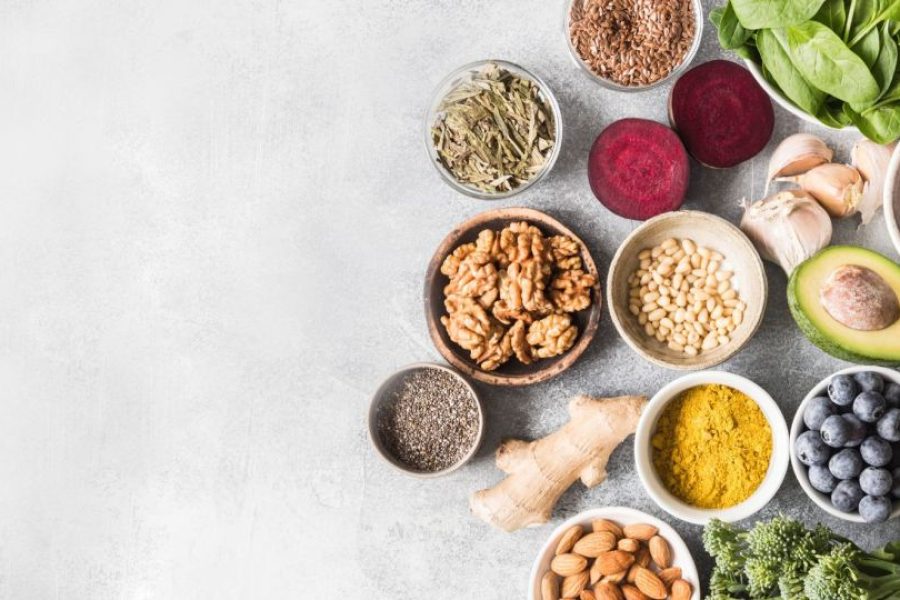There is a time and place for specific dietary needs depending on your current health status, personal journey, and goals. But for overall health and preventative care, a simple diet will ensure you stay on track while still reaching your nutritional needs.
Good nutritious choices can make the difference between sustained energy throughout the day or the overwhelming feeling of fatigue and tiredness. Balance is key. Picture your plate and then picture the colours of the rainbow. A simple but effective way to ensure variety is to try and include as many different colours on your plate as possible. It not only looks inviting and tasty (#truefact – we do eat with our eyes)!
Check out these 5 key food groups that should be added to your everyday diet:
1. Leafy Greens
There are several benefits in including 2-3 cups of leafy greens into your diet. They are packed with essential nutrients and minerals such as vitamin C, vitamin A, folic acid, iron, calcium etc. Another component is the content of something called phytochemicals. Phytochemicals act as potent antioxidants. They have anti-inflammatory, anti-allergic, antiviral and antithrombotic properties and research have proven that by such, they can assist in preventing type 2 diabetes mellitus (T2DM), hypertension, cardiovascular health, digestive health and obesity (Xiao and Bai, 2019).
Examples of leafy greens
- Kale
- Spinach
- Rocket (Arugula)
- Collard Greens
- Cabbage
- Romaine Lettuce
- Broccoli
2. Berries
Berries are perfect in so many ways. They too are high in phytochemicals (which you already know is super beneficial for you in so many ways). They provide you with antioxidants, vitamins, minerals and fibre. They are high in anthocyanin which has been associated with
lessening effects of coronary artery disease, hypertension, weight gain and T2DM (Kalt, Cassidy, Howard, Krikorian, Stull, Tremblay & Zamora-Ros, 2020).
They can be a quick snack on the go, add sweetness to your smoothie and are the lollies of nature. Adding a handful of these every day boost your immune system, improve metabolism and prevents the risk of more fatal diseases.
- Blueberries
- Strawberries
- Raspberries
- Blackberries
- Goji berries
3. Essential Fatty Acids
Many fear the fact of having to add fat to their diet. The hype about low-fat is still amongst us. Many are still of the belief that adding fat to your diet makes you, well fat! That is so far from the truth as it could be. Essential fatty acids (EFA) such as omega-3 and omega-6, are crucial for the functioning of every cell in your body. Many studies have proven that EFA plays a vital role in cardiovascular health, mental health, vision, hypertension, inflammatory and neurological disorders, to mention a few.
By adding in food sources containing EFA you are ensuring to gain the optimal health benefits thus decrease the risk of developing any of the above-mentioned diseases (Kaur, Chugh, & Gupta, 2014)
.
Try and add a bit more of this into your diet on a daily basis!
- Fish such as salmon, mackerel, herring and sardines
- Fish oil (make sure to get a good quality one!)
- Nuts and seeds
- Olive oil
- Coconut oil
- Flaxseeds & chia seeds
- Avocadoes
4. Fermented Food
This one is all about the gut and those good bacteria’s. Fermented foods are rich in probiotics bacteria which are oh so good for the health of your guts microbiome, digestive system and consequently your immune system (you have heard that about 70% of your immune system is found in your digestive system right).
The microorganisms created when food gets fermented have great qualities such as anti-oxidant, anti-microbial, anti-fungal, anti-inflammatory, anti-diabetic and anti-atherosclerotic (Melini, Melini, Luziatelli, Ficca & Ruzzi, 2019).
So add a little bit of bacteria to your dinner plate or in your morning smoothie and your gut will thank you for it!
Some ideas;
- Sauerkraut
- Kimchi
- Kombucha
- Pickles
- Yoghurt
- Kefir
5. Water
I know – everyone harps on about how important water is to your health. How you have to drink 8 glasses of water per day to stay hydrated. And YES – that is completely true… As much as this is true, there’s more to it than “just being hydrated”. Your body consists of 60% water. So it’s safe to say, you are keeping your body in a state of balance, by consuming water (Popkin, D’Anci & Rosenberg, 2010).
Other really great reasons to sip a bit more water from your water bottle is:
- Water assists in maintaining your blood pressure low
- It is important for nutrient uptake and the excretion of waste
- It helps to regulate your body temperature
- It prevents kidney damage
- Assists in a better functioning digestive system
- Keeps your skin looking fresher and healthier
- Can assist in weight loss by keeping you from overeating
Water doesn’t have to “just” be plain water
- Add flavour by slicing up fruits and vegetables and add to your water bottle or jug
- Drink herbal tea
- When making smoothies – add water + preferred milk (do half and a half)
- Always have a reusable water bottle handy with cold refreshing water in it
#Handy Tips
- Food preparation is key
- Follow a weekly meal plan
- Make your meals as simple as possible
- Follow the plate method
- Increase fruit and vegetables
- Even when you don’t feel thirst – DRINK WATER
- Add in herbal tea’s, bone broths, warm lemon water etc.
- Make sure to integrate these changes into YOUR daily routine
- Have fun exploring the many delicious recipes available – or contact me for inspiration and meal plans
BOOK NOW
References:
- Kaur, N., Chugh, V., & Gupta, A. K. (2014). Essential fatty acids as functional components of foods- a review. Journal of food science and technology, 51(10), 2289–2303. https://doi.org/10.1007/s13197-012-0677-0
- Melini, F., Melini, V., Luziatelli, F., Ficca, A. G., & Ruzzi, M. (2019). Health-Promoting Components in Fermented Foods: An Up-to-Date Systematic Review. Nutrients, 11(5), 1189. https://doi.org/10.3390/nu11051189
- Popkin, B. M., D’Anci, K. E., & Rosenberg, I. H. (2010). Water, hydration, and health. Nutrition reviews, 68(8), 439–458. https://doi.org/10.1111/j.1753-4887.2010.00304.x
- Wilhelmina Kalt, Aedin Cassidy, Luke R Howard, Robert Krikorian, April J Stull, Francois Tremblay, Raul Zamora-Ros, Recent Research on the Health Benefits of Blueberries and Their Anthocyanins, Advances in Nutrition, Volume 11, Issue 2, March 2020, Pages 224–236, https://doi.org/10.1093/advances/nmz065
Xiao, J & Bai, W (2019). Bioactive phytochemicals, Critical Reviews in Food Science and Nutrition, 59:6, 827-829, DOI: 10.1080/10408398.2019.1601848



